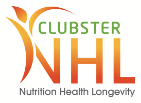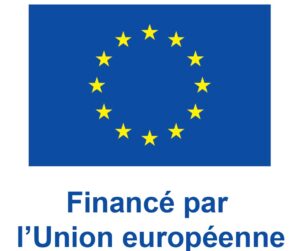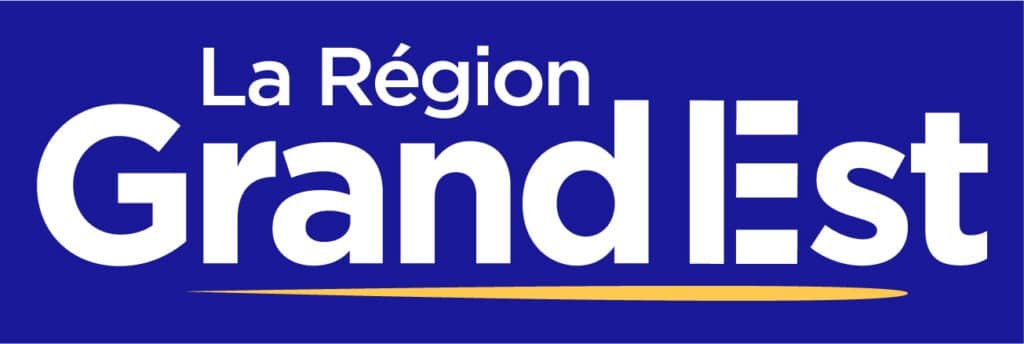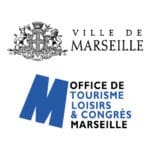More than 1,100 delegates, over 30 countries represented, 90 exhibitors, 60 international speakers, 13 roundtable discussions and 6 hosted events: BioFIT has reached a critical mass in only five editions. With these figures, BioFIT has confirmed its position as the leading event for tech transfer, academia-industry collaborations and sourcing early stage innovations in the field of life sciences. BioFIT is also becoming the marketplace for seed and Series A investment.
It is the only event that gathers big pharma, biotech start-ups and SMEs, researchers and investors in the same place at the same time, focused on the same goals: Engage new partnerships, source innovative and competitive early stage R&D projects, facilitate the emergence of collaborative projects and increase licensing opportunities in life sciences.
A winning bet
In only five editions, BioFIT has quadrupled its number of attendees, convinced other organisations to host their events and has most importantly, become an annual event. To continue its growth, the organisers of BioFIT have decided to engage in a long-term partnership with the Alsace BioValley competitiveness cluster. The Lille-Strasbourg rotation began in 2015.
“Choosing the Alsace region was obvious, given its European and international openness and its high research potential in the healthcare sector”, explained Mr. Etienne Vervaecke, General Manager of Eurasanté and the NHL Cluster and General Commissioner for BioFIT.
The secret of our success
The close co-operation between the economic development agency and two competitiveness clusters to ensure the successful organisation of the event is worthy of mention. This unique combination benefits the regions’ competitiveness. BioFIT is the only event that gathers public and private actors at its business convention and technology presentation sessions. The comprehensive conference programme covers on-trend topics of interest and answers key questions about the best practices in collaborative research, technology transfer and early stage financing innovation.
Identifying TT professionals at the business convention
In addition to scheduling business meetings, the partnering platform allowed participants to propose licensing opportunities. At this 5th edition, nearly 800 opportunities were published and more than 75% of them were projects to transfer licences.
With 20% of attendees coming from pharma, including the Big Pharma Top 20, 30% from academia and TTOs, 20% from emerging biotechs and 10% from investors, BioFIT has confirmed its position as the leading international event in the sector.
Participants included:
· Big and medium pharmas: Sanofi, AbbVie, Roche, GSK, Pfizer, Bayer, Novo Nordisk, LFB, Boehringer Ingelheim, Lilly, AstraZeneca, J&J, Merck and Ipsen Innovation
· Biotechs: Zoetis, AlzProtect, Galapagos, Hybrigenics, Nanobiotix, Yaqrit, Ixaltis, Lipigon, Cellectis, TxCell and Onxeo
TTOs, Universities: Ascenion, Max Planck Institute, CEA Tech, SATT network, VIB, Isis Innovation, Harvard Tech Transfer Office, Ramot and the University of Ghent
· Associations, professional networks: Aviesan, European Biotechnology Network, France Biotcech, EuropaBio, ASTP-Proton, EBE-EFPIA, Réseau C.U.R.I.E., SIMV, ASEBIO, Swiss Biotech Association, LISA and the UK Innovation Forum
· Investors: Kurma Partners, Medxci Omnes, Capital, European Investment Fund, London Stock Exchange, Fund+, Merck Ventures, Sofinnova Partners and Novo Seeds
BioFIT is also becoming the marketplace for seed investment in cutting-edge technologies.
Distinguished speakers
Pfizer, Nanobiotix, VIB, The Max Planck Society, Evotec, Roche Innovation Center, Medixci, Novo Seeds, Kurma Partners and Fund+ – These are just a few examples of the 60 international organisations (including speakers from the USA, Canada, Israel, South Korea, Japan) who discussed current topics and answered key questions about best practices in collaborative research, key issues in technology transfer and licensing and early stage financing innovation.
An exhibition that continues to grow
The Business Convention is at the heart of the event, but the exhibition is also a key part of BioFIT. It has quadrupled its attendance, from 20 international exhibitors and co-exhibitors in 2010 to 90 this year, which clearly shows the actors’ wish is to be increasingly present and visible.
In the 700m² exhibition area, participants could meet Northern French SMEs such as OCR, 4P-Pharma, Aquilab, E-Zyvec or Genoscreen, the Dutch ASTP-Proton, ALCAMI Corporation or MyCartis, the Finnish Admescope, the Czech CzechInvest, the Estonian GeneCode, the Swiss Baccinex and Bachem AG, the Belgian KIC-Europe, EU-Japan, or structures such as the SIRIC ONCOLille, the SIMV and EGID.
Six hosted events: BioFIT brings numerous organisations together
Once again, BioFIT hosted six events, with one objective: Support and facilitate collaborative research by fostering public/private collaborations.
Between 29th November and 1st December, the following events took place: The 4th edition of IDEA Summit, the 2nd Techno Market and Licensing Opportunity Presentations, the Start-up Slams, the AFSSI Conference, the SIRIC ONCOLille Days and the 4th edition of the EGID Symposium.
Save the date for the 6th edition of BioFIT:
28th and 29th November 2017 in Strasbourg, France


